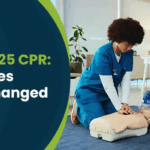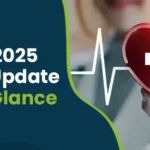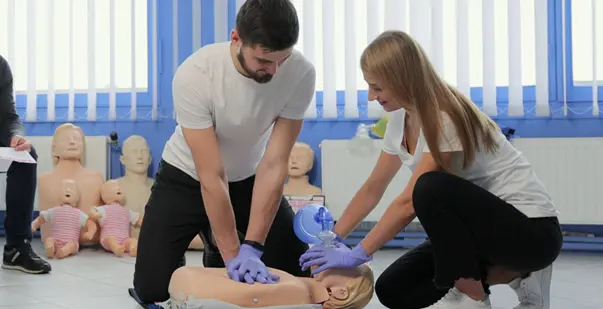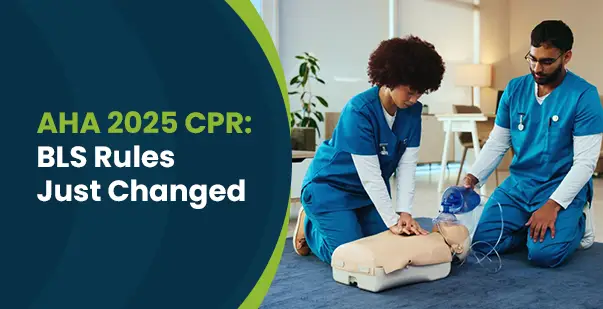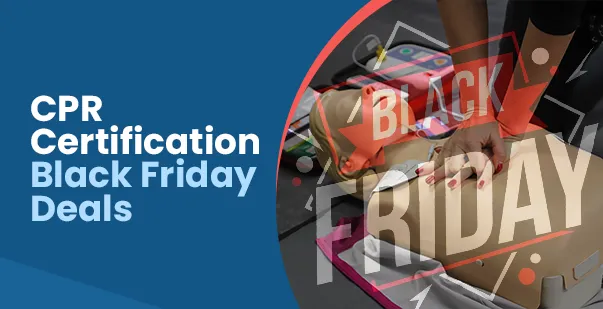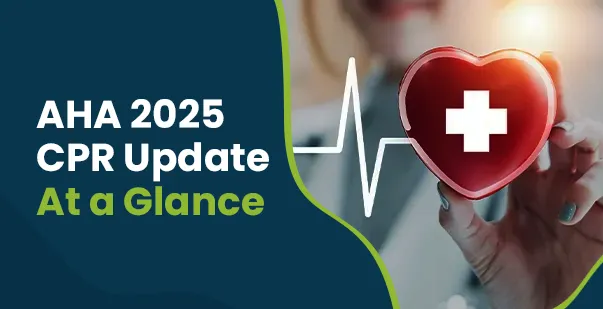Event planning is exciting and involves several responsibilities and plans of action. Event safety and CPR goes hand in hand. As an organizer, you must be responsible for ensuring that anyone working on the event is safe and receives prompt medical attention as required. Cardiopulmonary resuscitation (CPR) certification instills peace of mind, ensuring the safety of everyone around. It encourages safety, enhances your reputation and a lot more. Keep reading to know what makes CPR for Event Planners extremely essential.
Importance of CPR education and training in preparing for medical emergencies at events
Here is the importance of CPR training for event planners:
- Ability to respond to emergencies: Event planners are responsible for ensuring everyone’s safety. During a medical emergency, a CPR certification can help save lives. With CPR certification, event planners can effectively and confidently respond to emergencies. This can help prevent further harm while minimizing the impact of the emergency.
- Ensures reputation and professionalism: CPR training for event planners is a crucial credential that can enhance your planner’s reputation and professionalism. Event planners who are CPR certified have the necessary skills to respond timely during any emergency. This can set them apart from their competitors.
- Boosts employee morale: CPR certification reduces anxiety and fear. When employees feel confident in their abilities, they are likely to perform well and have a positive impact on the work environment.
- Improve event safety: CPR certification can improve overall safety at an event and reduce the risk of serious injuries. When event planners are trained in CPR, they can respond promptly. This can reduce the impact of accidents. This ensures the safety and well-being of all employees.
- Compliance with regulations: First aid event planning ensures compliance with legal requirements. Depending on the nature of the event, there may be specific event planning CPR guidelines to which businesses must adhere. By incorporating these requirements into the planning process, businesses can avoid legal issues while demonstrating their commitment.
What should a first-aid kit for events comprise?
Here is a checklist for a first-aid kit for events:
- Antibacterial ointment
- Compound tincture of benzoin
- Butterfly bandages or adhesive wound-closure strips
- Non Stick sterile pads
- Antiseptic wipes
- Assorted adhesive bandages
- Blankets
Read More: How to Perform Basic CPR: Guidelines, Procedure & Ratio
What do you need to know about CPR certification for event planners?
As an event planner, a CPR certification is crucial to ensuring the safety of your attendees. Knowing the basics of CPR is invaluable. Find out why you need to know about CPR certification for event planners:
- Event planners are responsible for ensuring safety: Having the ability to administer CPR and quickly respond can be the difference between life and death. It is crucial to learn CPR Techniques for event planners and keep the certifications up-to-date. They expect to feel safe and secure when guests attend an event. It is also your responsibility to protect your guests, and CPR certification is the first step in ensuring that.
- CPR certification is compulsory in some states: Event planners must be aware that the certification is a mandate in a few states to hold certain events. This includes events, including corporate events and parties. In most states, for anyone working in the hospitality industry, CPR Certification for events is a must. If you are an event planner, it is essential to check with your state to determine whether CPR certification is required or not. If it is, you must take a CPR class at the earliest.
- Recommended for all event planners: Event planning requires an understanding of the risks associated with hosting an event. It is a good idea for event planners to stay updated with the latest guidelines and practices, as regulations can vary from state to state.
What are emergency CPR procedures for events?
Emergency CPR procedures for events involve quick actions such as the following:
- Check the scene: Inspect the scene and assess the victim’s condition. Find out potential hazards that might seem like threats.
- Inspect the victim: Assess whether the victim is responsive or not. Inspect his condition and what medical aid he requires.
- Call 911: Ask bystanders to call the local emergency number immediately.
- Check for breathing: Check if the victim has normal breathing or not. If not, then start CPR right away.
- Perform chest compressions: Place the patient on a flat surface and place the heel on one hand on the center of the chest. Deliver compressions.
Read More: CPR First Aid Training: How Long is a CPR Class?
Conclusion
The importance of CPR for Event Planners cannot be overstated. It keeps organizers and volunteers updated with the latest safety guidelines. This helps in reducing risks and increasing safety. Additionally, it also promotes safety awareness and gives you an added advantage. By prioritizing these aspects, event planners can create a secure environment for their events and benefit both guests and the organization.
